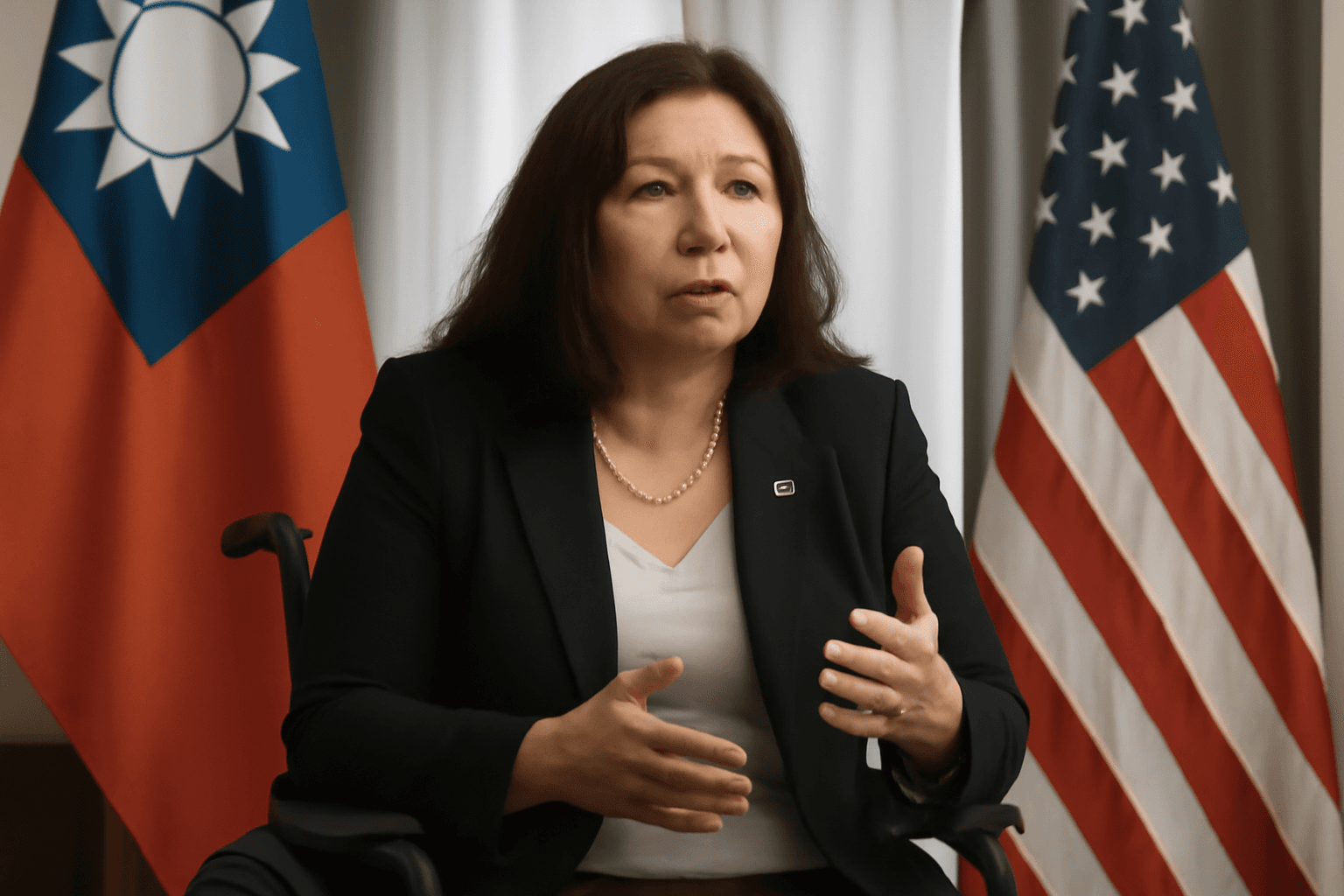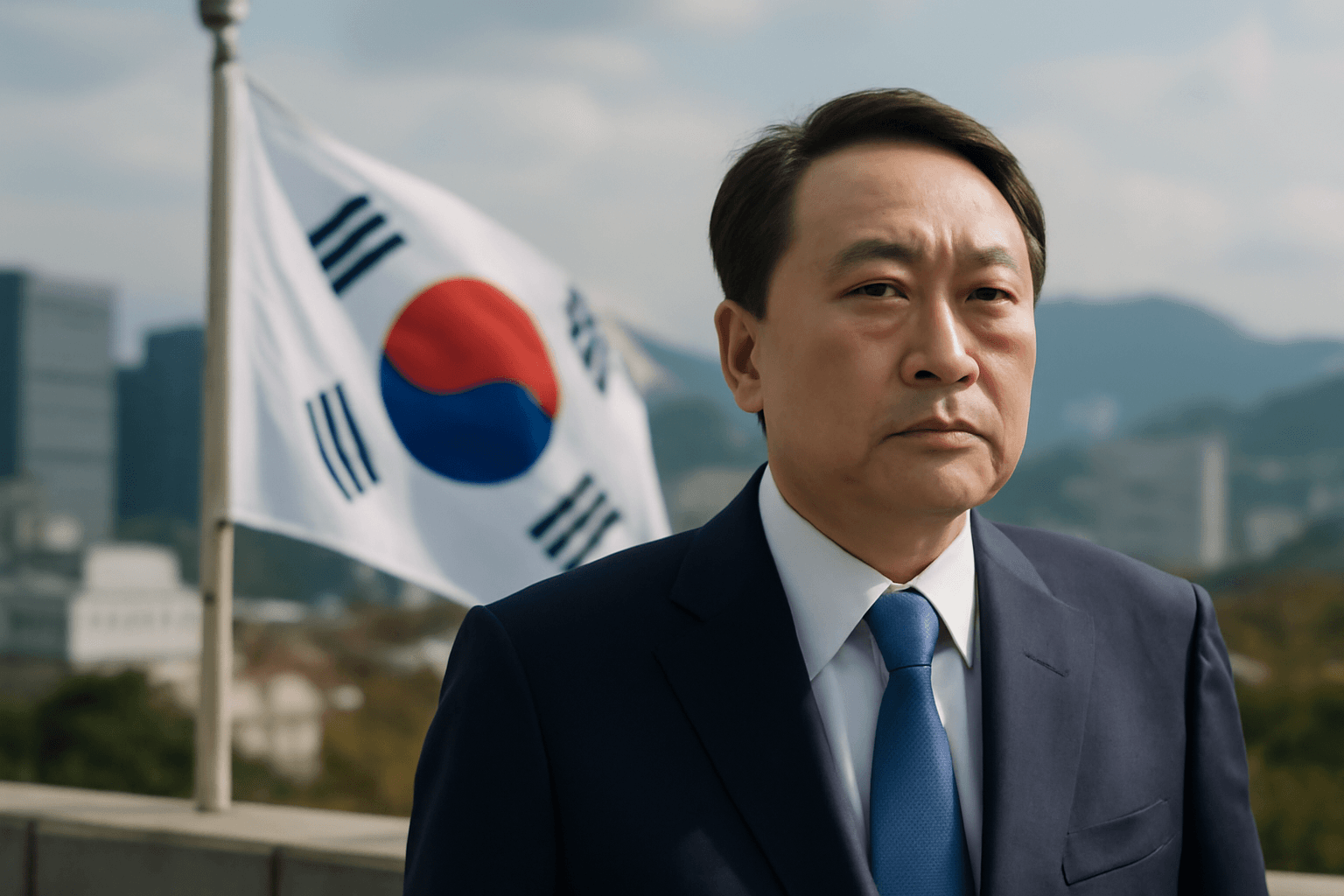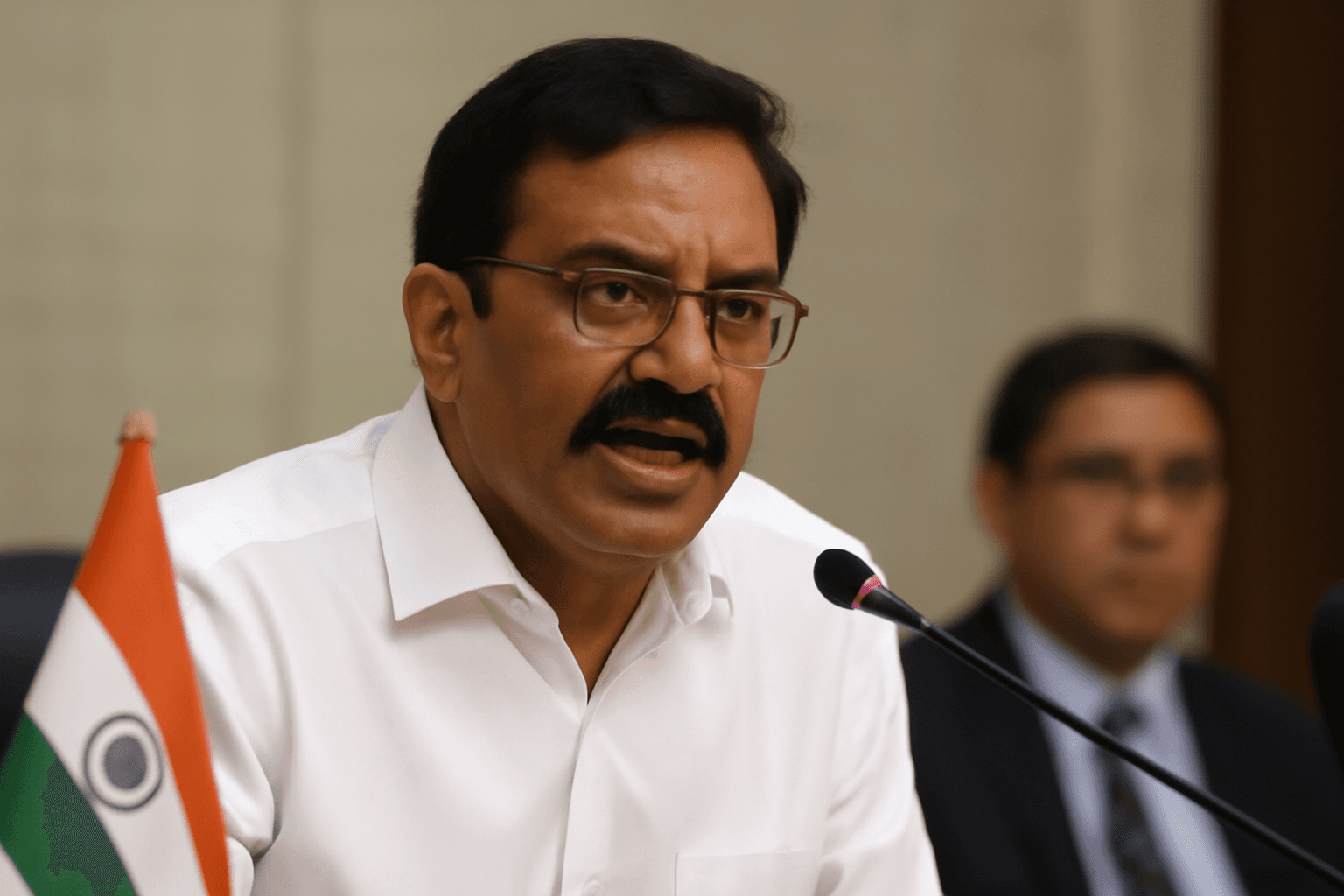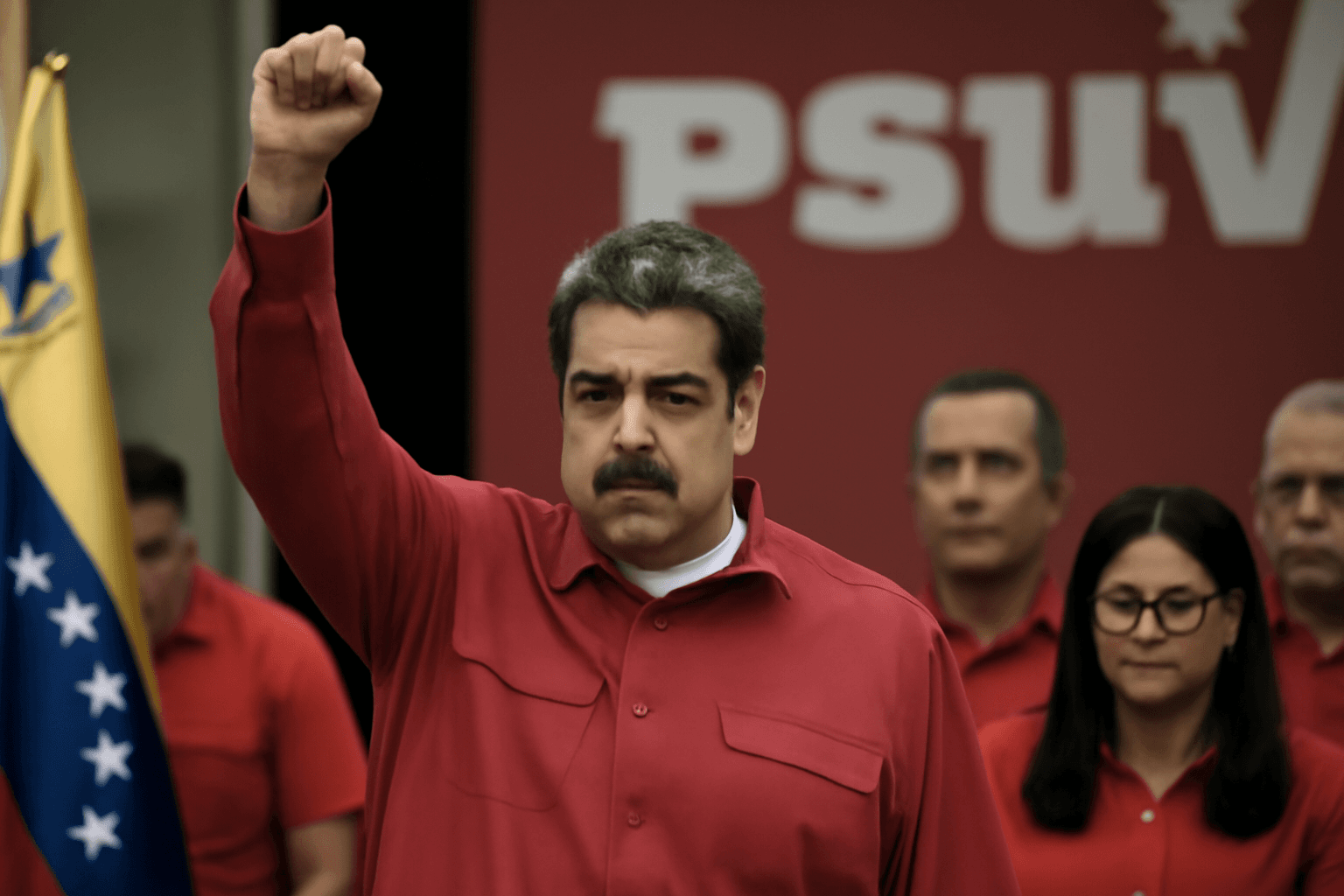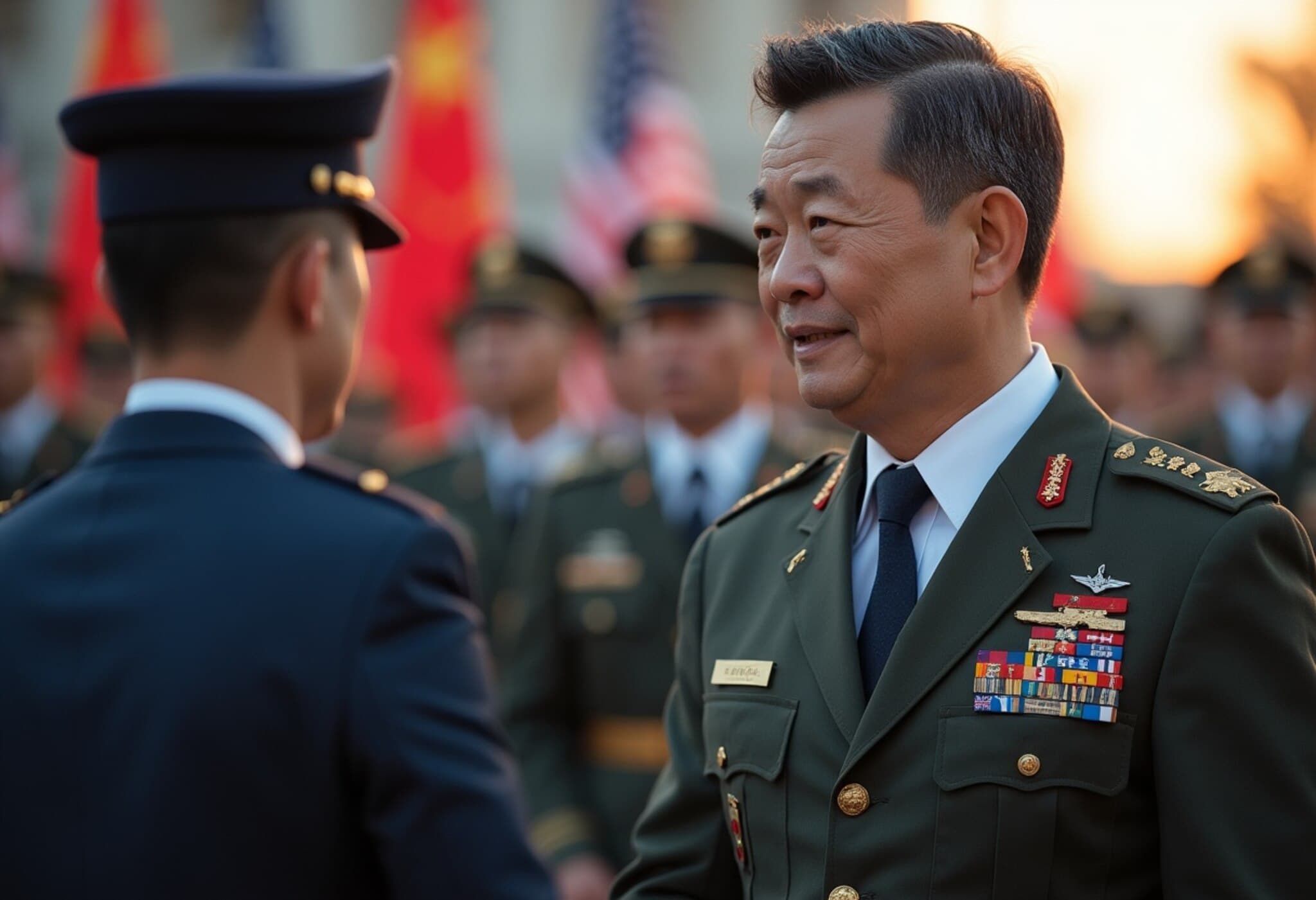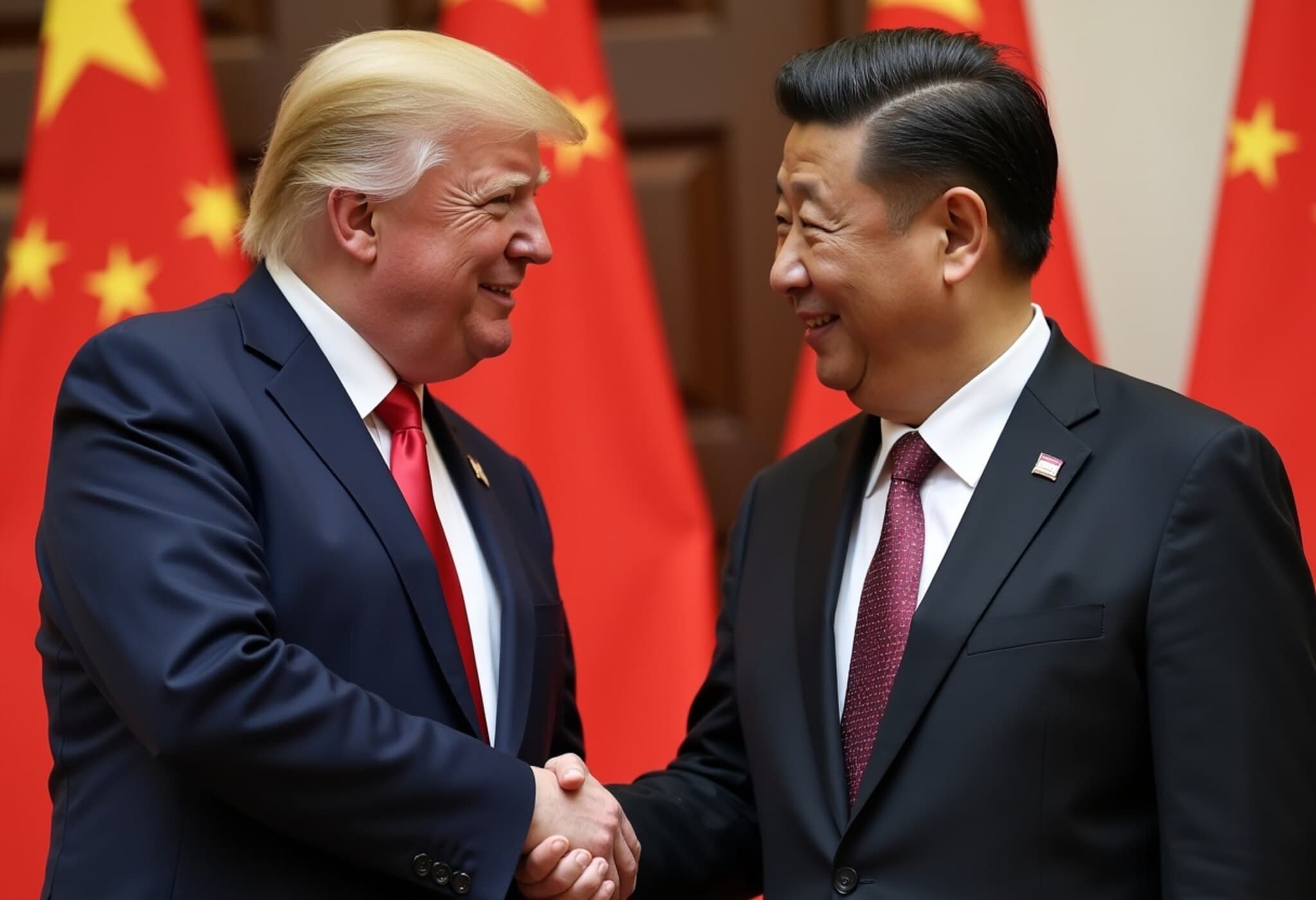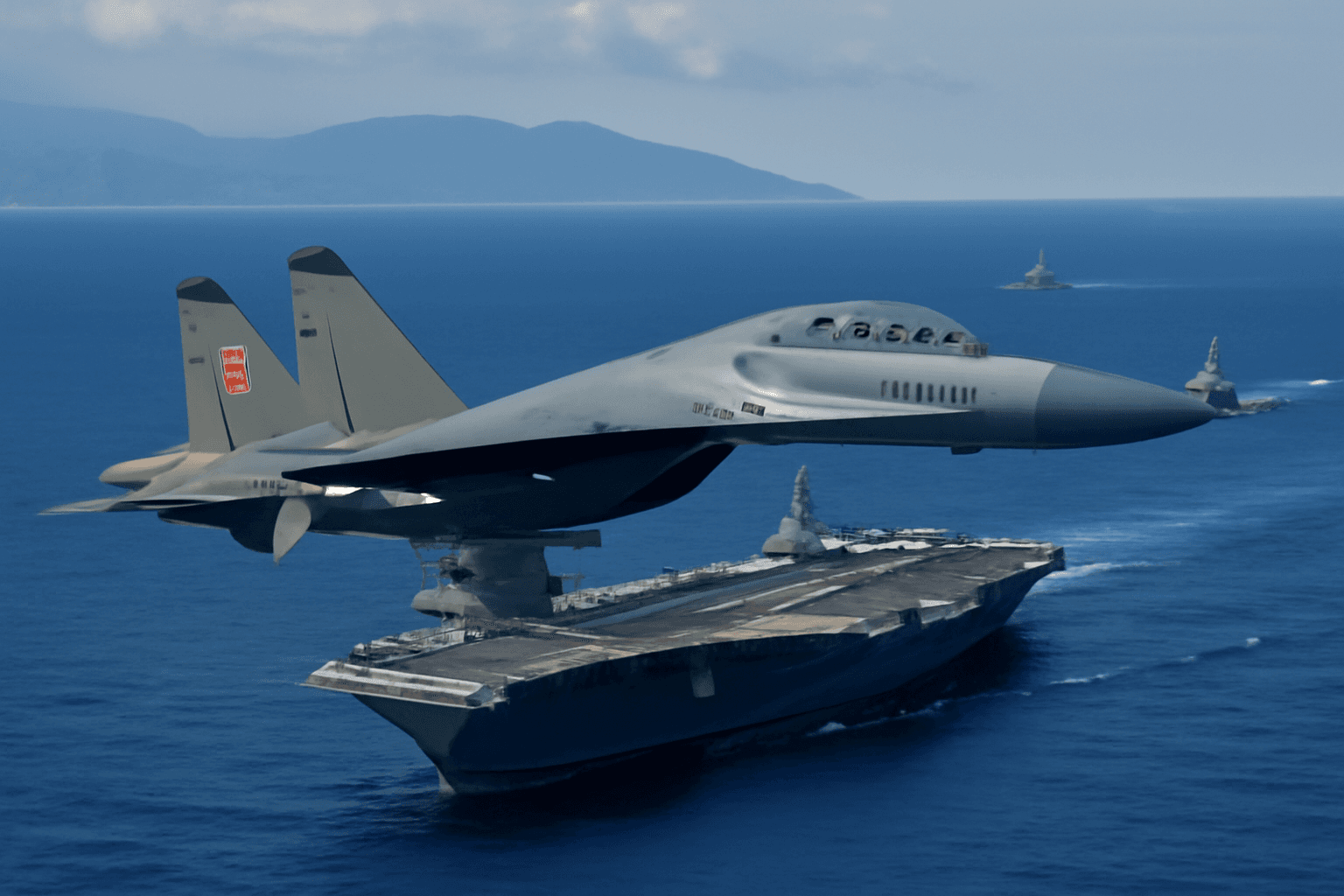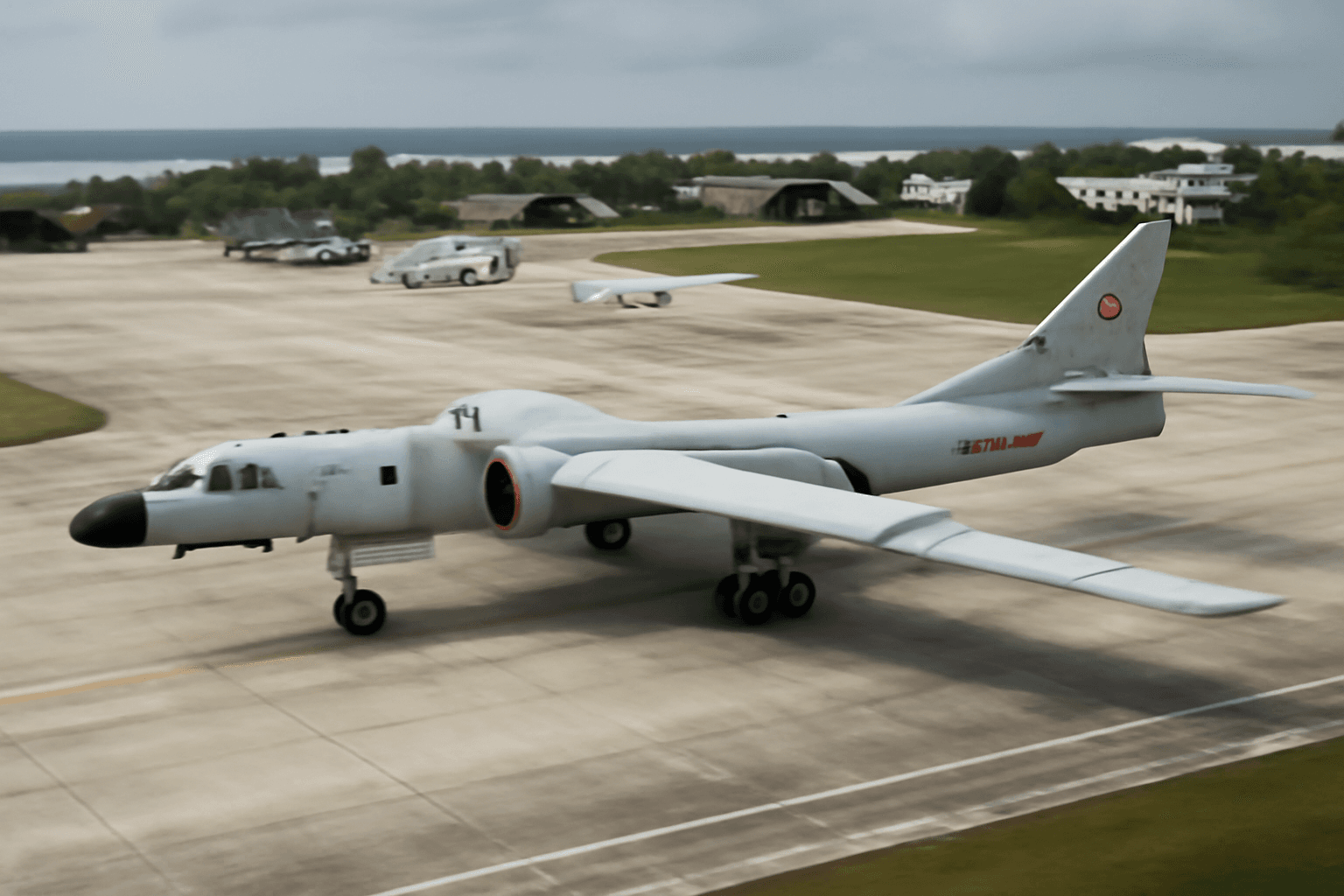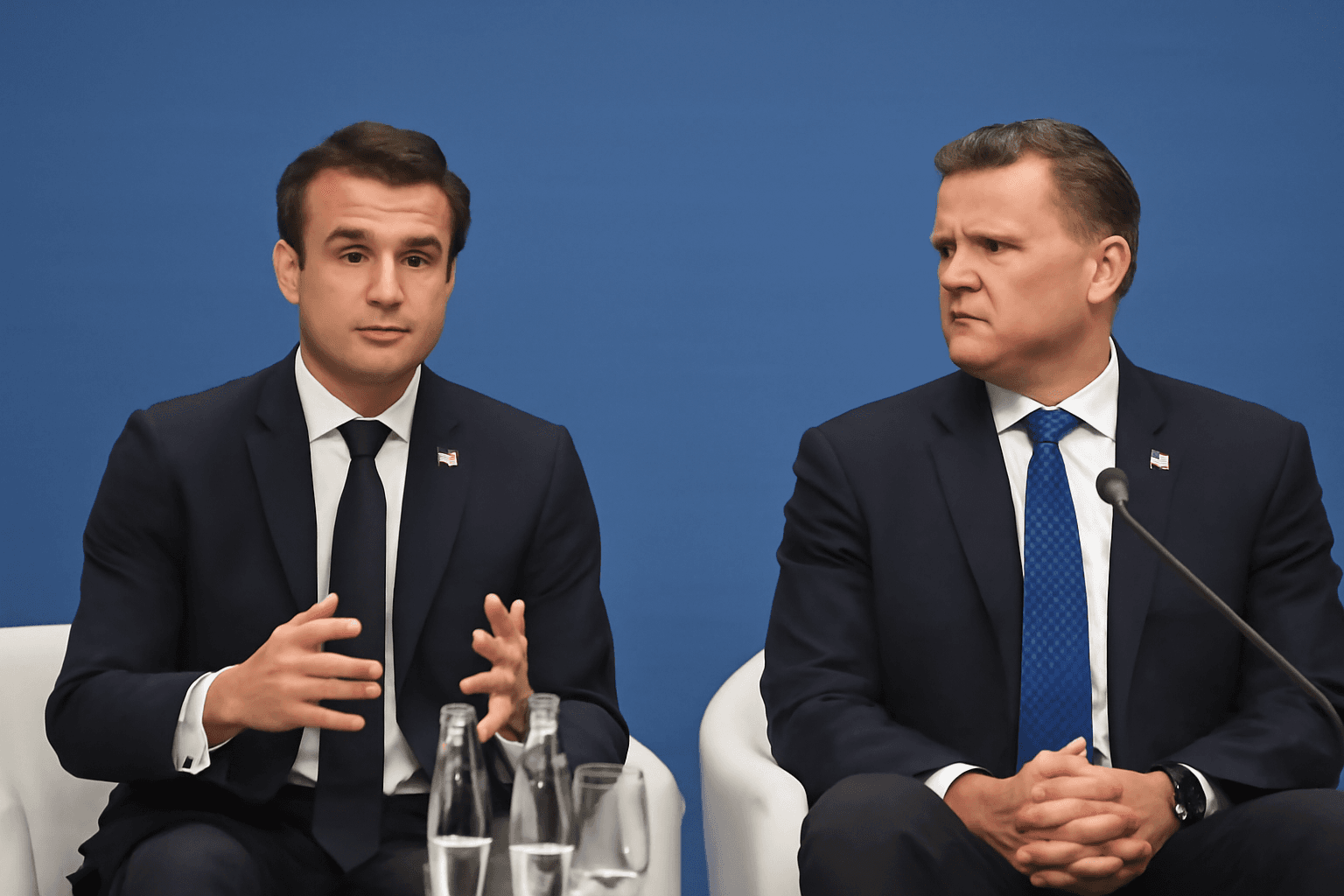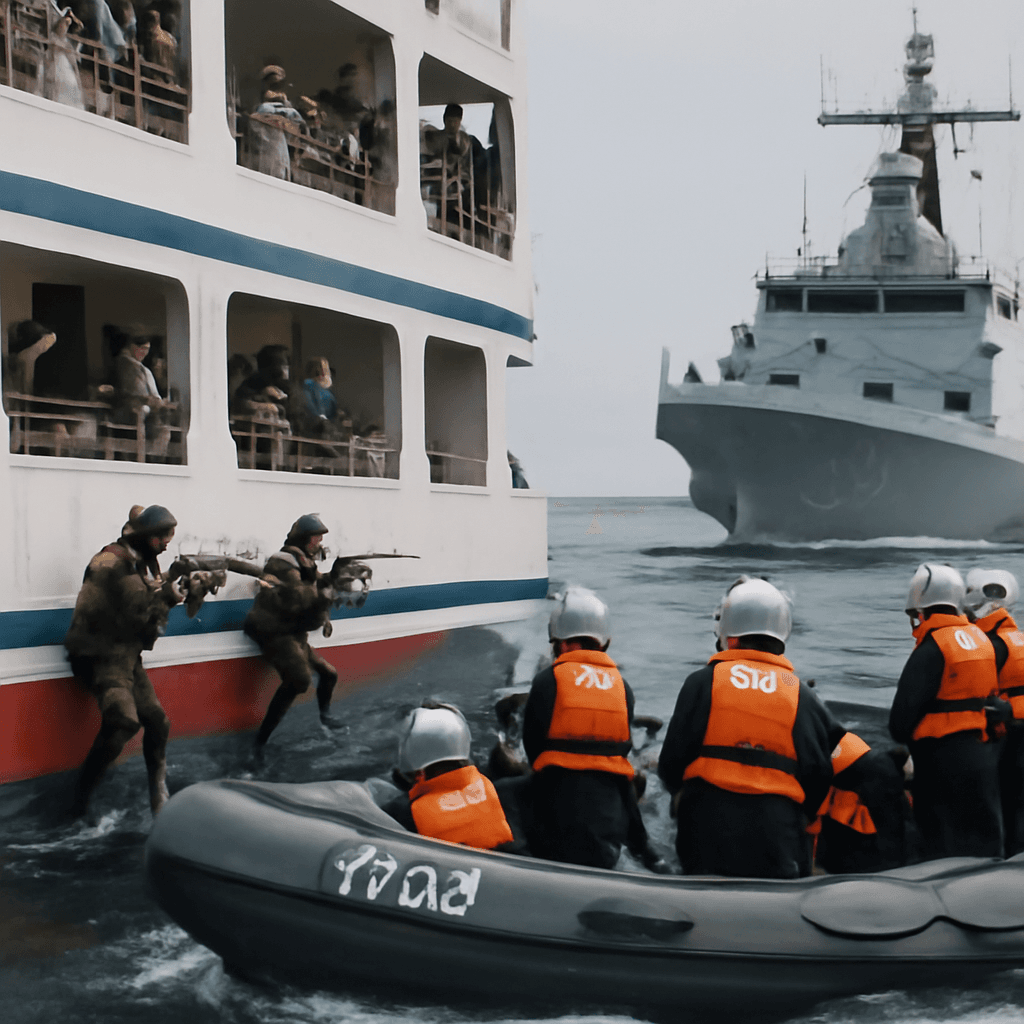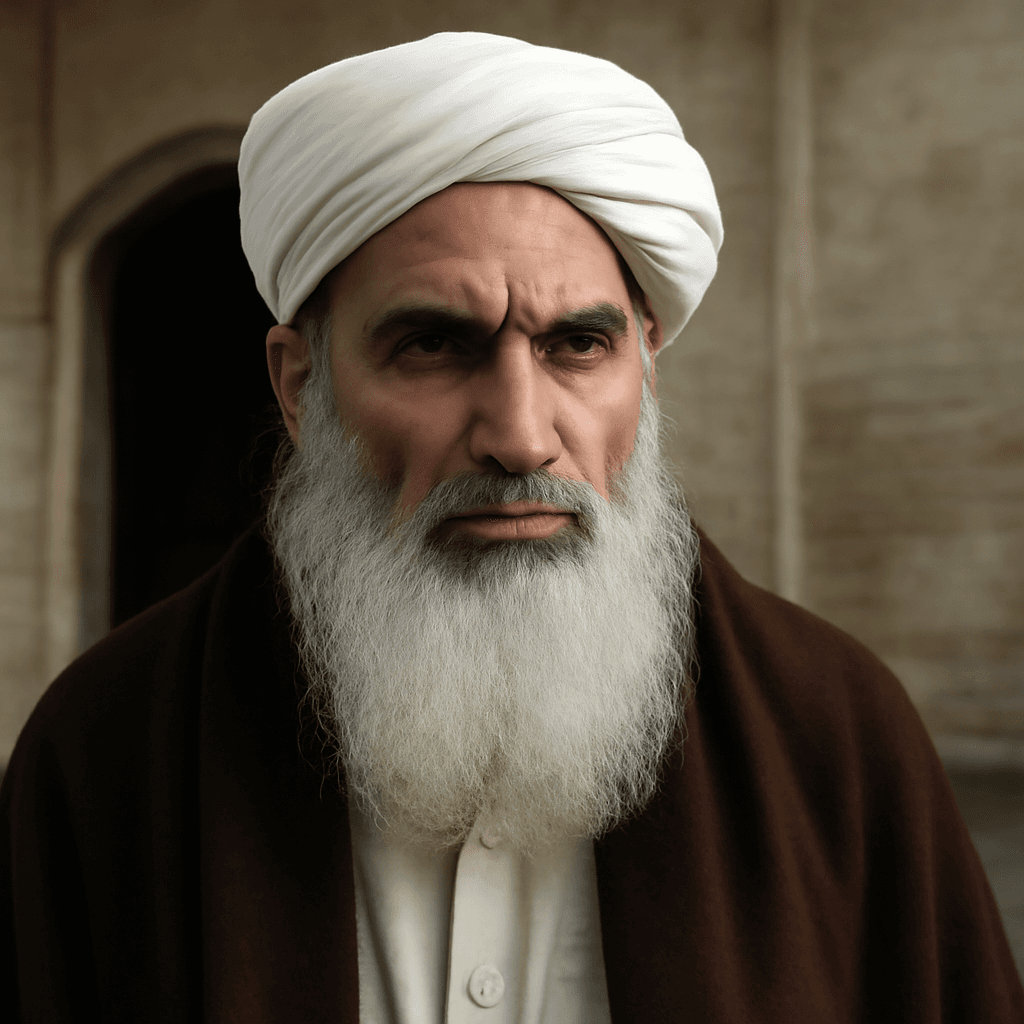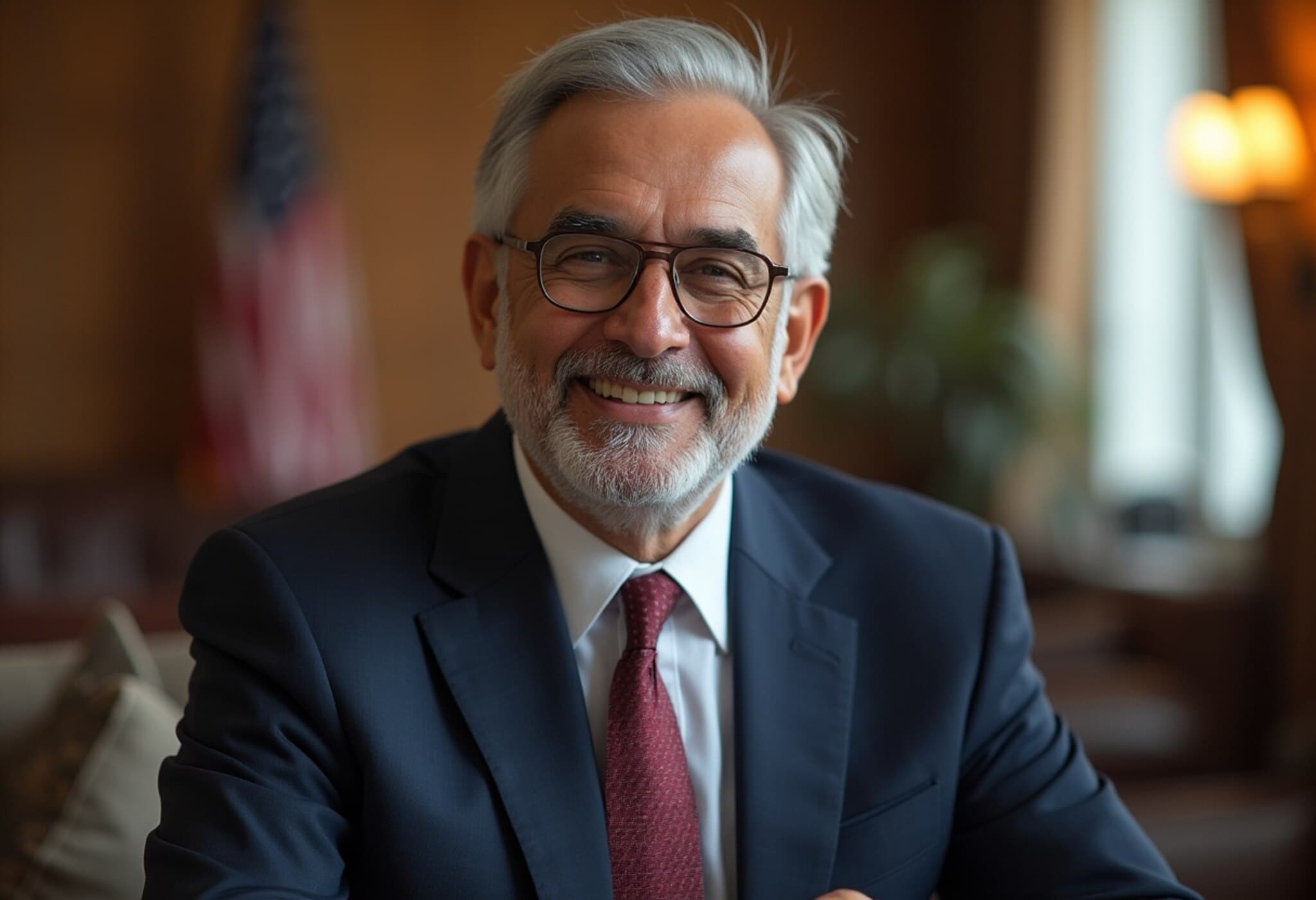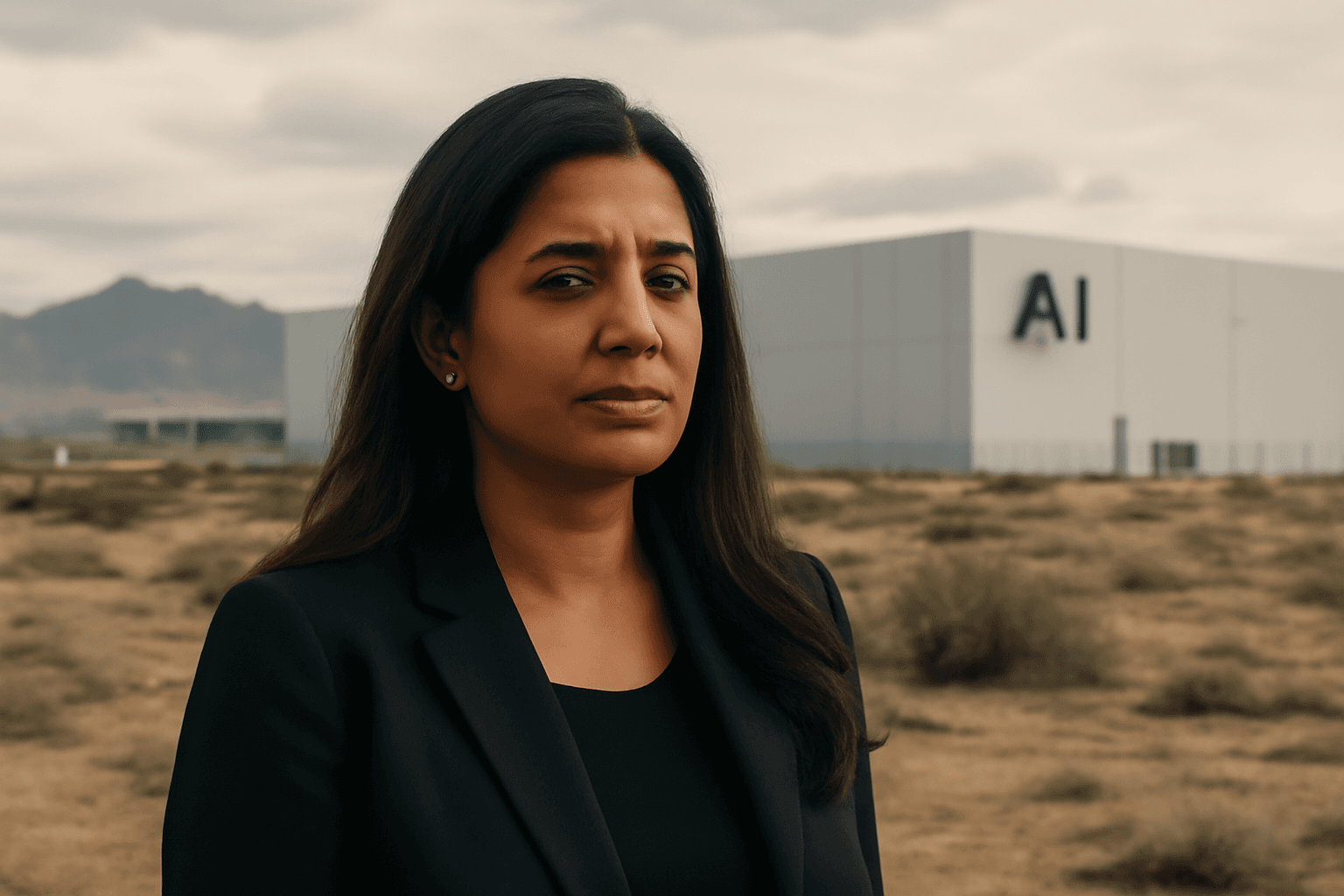Washington, May 28, 2025: US Senator Tammy Duckworth, a Democrat from Illinois, arrived in Taiwan for a two-day visit aimed at bolstering discussions on regional security, trade, and bilateral relations. According to the American Institute in Taiwan, which functions as the de facto US embassy, Duckworth is scheduled to meet with senior Taiwanese officials to deliberate on matters critical to both nations' interests.
The visit emphasizes the United States' commitment to its partnership with Taiwan and the shared goal of promoting a Free and Open Indo-Pacific region. Key topics on the agenda include trade, investment, and other strategically significant issues. This delegation marks the second US congressional visit to Taiwan within days, signaling Washington’s heightened concern over Taiwan's security amid persistent threats from China, as well as strengthening economic ties.
Taiwan remains a vital economic partner, notably as the manufacturer of approximately 90% of the world’s most advanced semiconductor chips. Currently, Taiwan faces a 32% tariff imposed during the previous US administration, and the Taiwanese government seeks to negotiate lower tariffs carefully to protect sensitive sectors such as agriculture from increased foreign competition.
Senator Duckworth’s visit coincides with that of Lourdes A. Leon Guerrero, Governor of Guam, a significant US Pacific territory strategically important in any potential conflict involving Taiwan. The complex geopolitical context traces back to the split between Taiwan and China following the Chinese civil war in 1949. China continues to regard Taiwan as a renegade province and has intensified diplomatic isolation efforts against President Lai Ching-te’s government, which Beijing labels separatist.
Military tensions remain high as China regularly conducts incursions near Taiwan’s airspace and waters, deploying aircraft, naval vessels, and surveillance balloons. Special attention has recently focused on the Liaoning, China’s first aircraft carrier, currently positioned in waters southeast of Taiwan. Taiwan's Defense Ministry confirms continued monitoring of the vessel, expressing concerns that it may stage military drills potentially signaling preparations for a blockade.
Chinese Foreign Ministry spokesperson Mao Ning asserted that the Liaoning’s activities comply with international law and norms. Meanwhile, Taiwanese military officials maintain heightened vigilance. Col. Hu Chung-hua highlighted the ministry’s comprehensive assessment of possible enemy actions and emphasized flexible defensive strategies in response to evolving threats.
China’s approach often involves “grey-zone” tactics—actions that increase tensions without outright warfare—pushing Taiwan’s armed forces to adapt constantly. Col. Su Tong-wei detailed ongoing evaluations of threat levels and readiness measures designed to ensure rapid response capability, underscoring Taiwan’s resolve to protect national security.

